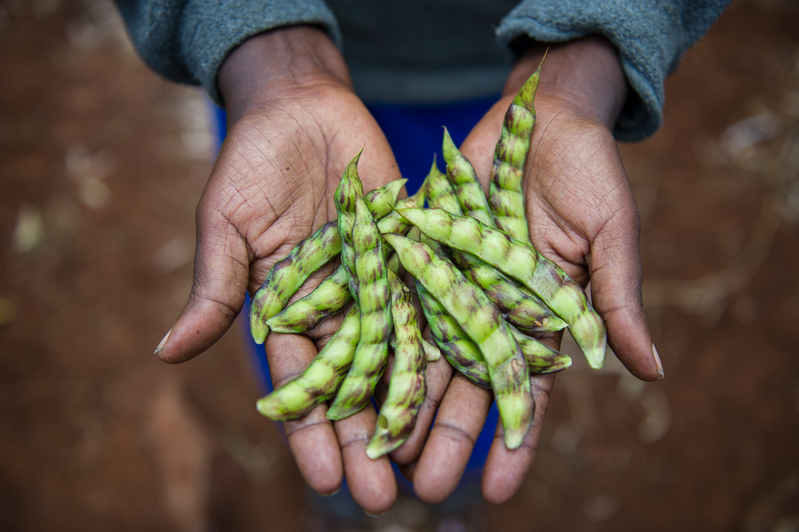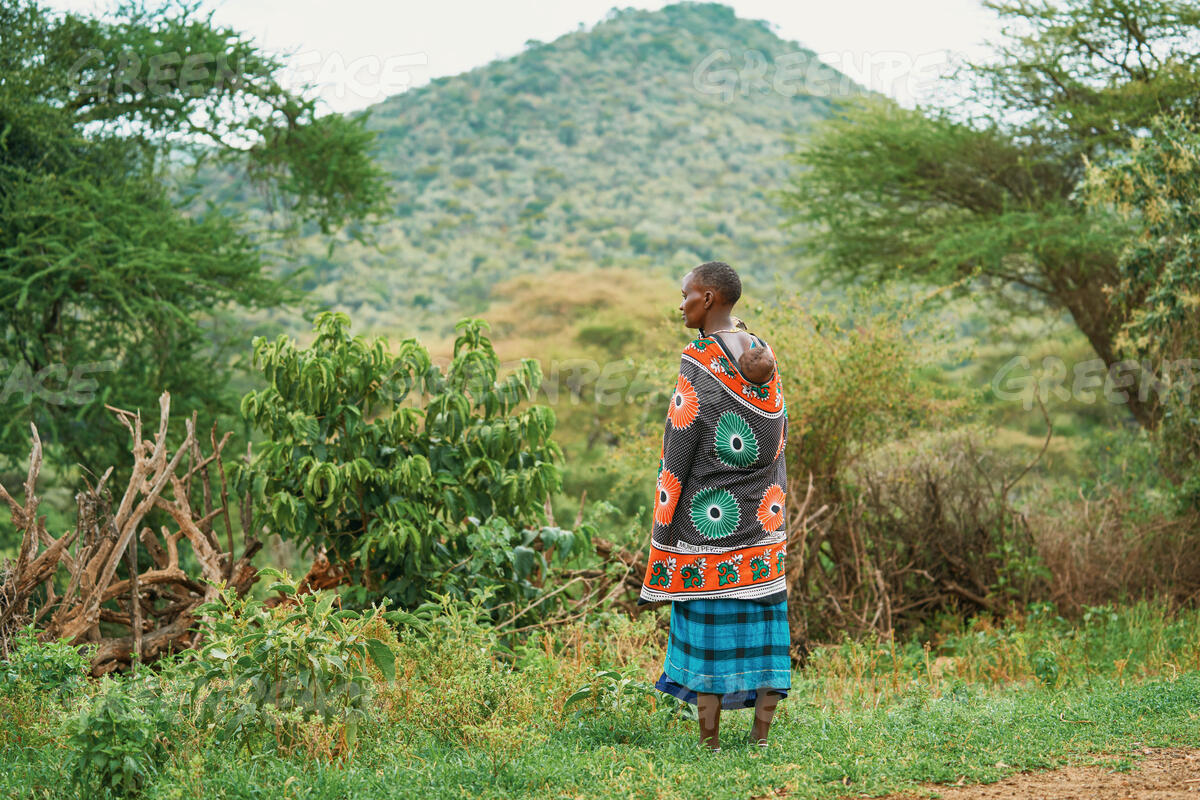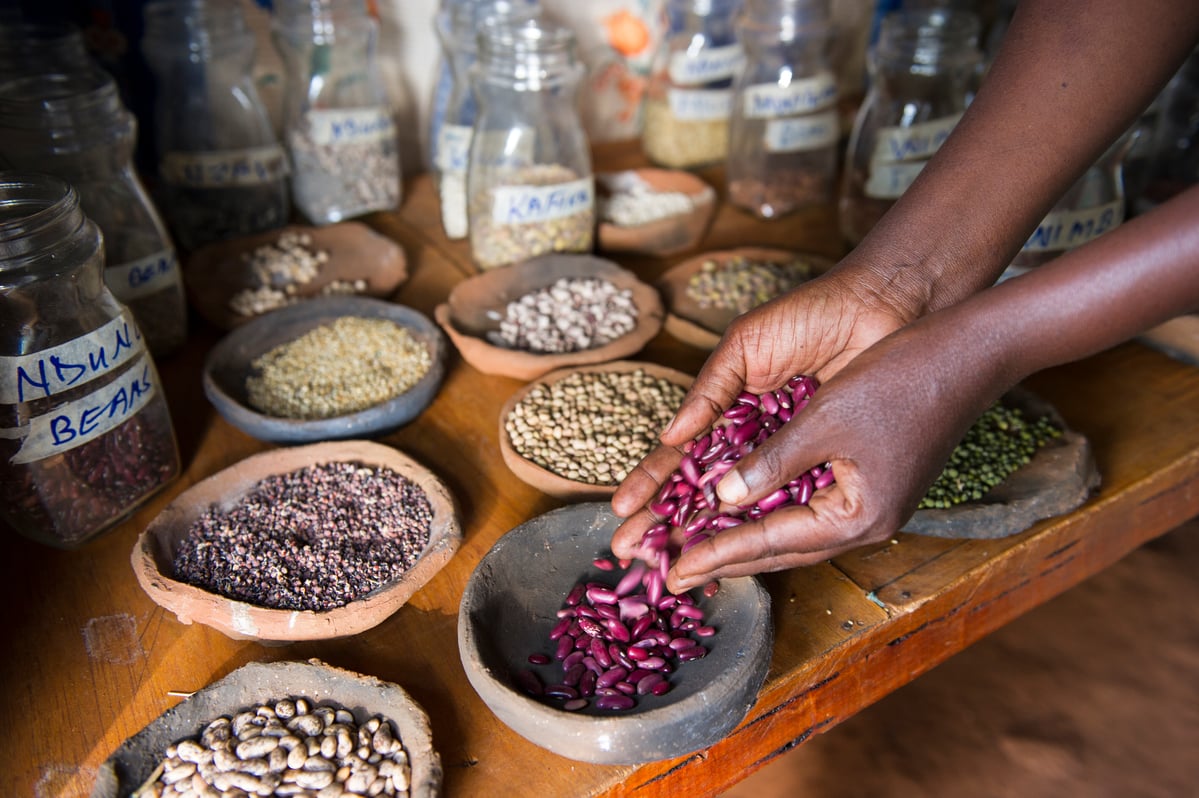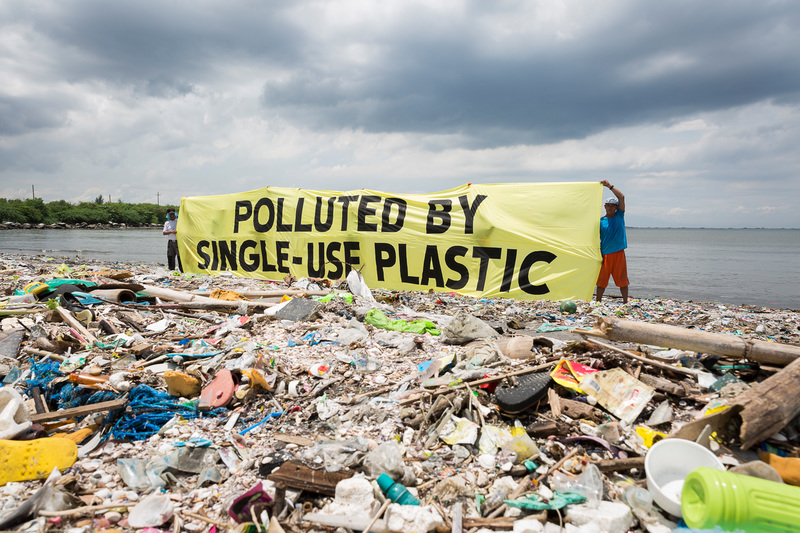On Monday the 7th of June 2021, the world commemorated World Food Safety Day, a day keen on bringing attention and inspiring action to help prevent, detect and manage foodborne risks, contributing to food security, human health and sustainable development. This year’s theme, ‘safe food now for a healthy tomorrow’, emphasizes that the production and consumption of safe food has immediate and long term benefits for people, the planet and the economy.
Which is a contradiction of the food produced and consumed in Kenya.
For several decades, Kenya’s food both locally consumed and exported has been found to be of low consumptive quality, as it was either laced with chemicals above the maximum residue limit or contaminated with pathogens and toxic such as aflatoxins. For instance, in 2004, the highest total aflatoxin concentration of 58,000 μg/kg was reported in maize in Eastern Province.
In 2018, researchers from Kenyatta and Nairobi University, found that 54% of the analysed 32 tomato samples in Kirinyaga county, had pesticide residues, of which 16% had residue levels above the European Union and Codex accepted Maximum Residue Limits. In 2019 several flour brands were suspended from use by the Kenya Bureau of Standards (KEBS), after they were found to contain more than acceptable levels of aflatoxins. In April 2021, maize illegally imported from Tanzania was found to be contaminated with aflatoxins.
This is contradictory to Article 43 of the Kenyan constitution, which requires that every person has the right to be free from hunger and to have adequate food of acceptable quality.
These instances of contaminated food can be attributed to unhygienic food handling practises and poor agronomic practises such as the excessive use of harmful pesticides to grow food and the lack of consistent inspection by the relevant food agencies such as KEPHIS and KEBS.
Statistics from the Food and Agriculture Organisation of the United Nations, shows that between 2008 to 2018, the quantity of pesticides imported by Kenya rose from 9798.6 tonnes to 20,358. This plummeting demand for pesticides has led to an increase in the usage of these pesticides among the smallholder farmers who grow 75% of the food consumed in Kenya today.
To prove this, a 2020 study by the Kenya Organic Agriculture Network (KOAN) in Kirinyaga and Muranga counties, showed that of the 1324 collected responses from farmers, 48% of the farmers consented to using pesticides in food production, some of which are proven to have an effect on human reproduction systems. Unknown to most farmers is the fact that these pesticides stay in the soil for a longer period of time and get absorbed by crops which eventually get consumed by Kenyans.
Coincidentally, pesticides were found to be among the factors thought to influence major external structural birth defects among children in Kiambu county with the most frequent being defects of the musculoskeletal system by 57.46% from the 362 cases examined by researchers from the University of Nairobi in 2020.
Aflatoxins on the other hand, have been proven to be detrimental to human health. Between 1960 and 2020, at least 500 acute human illnesses and 200 deaths due to aflatoxins in Kenya were reported. Further, a 2012 study by Gong et.al showed the prevalence of hepatomegaly, a firm form of liver enlargement, increased in children with higher aflatoxin exposure in Kenya.
To safeguard Kenyans and their environment, the production of food in a safe manner is key. The goal should therefore be the transformation of food systems to produce healthy, safe and nutritious food with minimal harm to the environment. It begins with farmers using safe products and proper agricultural practises such as ecological farming that encourages the production of food using compost, control of pests using biocontrol methods and the use of indigenous seeds not coated with chemicals.
It also extends to the formulation of policies that advocate for the consumers’ food safety and not the support of multinational corporations keen to make profit at the expense of people and the environment.
Kenya is eager to conclude negotiations for the free trade agreement with the United States of America. Between 2015 and 2019, Kenya imported from the United States agricultural products worth 191 million US dollars. If the trade deal goes ahead, these products are likely to increase in number. How will this affect food safety in Kenya? How safe will the agricultural products that will be imported into the country be? What standards will be put in place to ensure that the agricultural products imported meets the required standards for food safety.
Food safety is everyone’s business, from the government authorities to smallholder farmers.
The Ministry of Agriculture needs to start off by placing a ban on the toxic chemicals used in food production. Further ensuring that KEPHIS and KEBS carry out regular inspection of the agricultural products within the country and food imports are of acceptable standards. We should all endeavour to ensure that the food on our plates has been produced, handled, packaged, stored and transported in a safe manner. A manner in which our health and environment are not compromised for our own sake and for that of future generations.
As published in Business Daily.





Discussion
Stop polluting the water and bees and food
Thank you for your comment. Indeed, we need water and bees for our survival.
very good article. yes, awareness should spread across the world <a href="https://exnnews.com/2021/06/20/eco-friendly-packaging/" rel="nofollow ugc">eco friendly packaging material</a> <a href="https://exnnews.com/2021/06/24/eco-friendly-products-wholesale/" rel="nofollow ugc">eco friendly products wholesale</a>